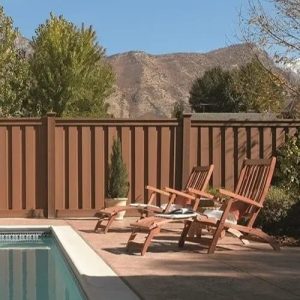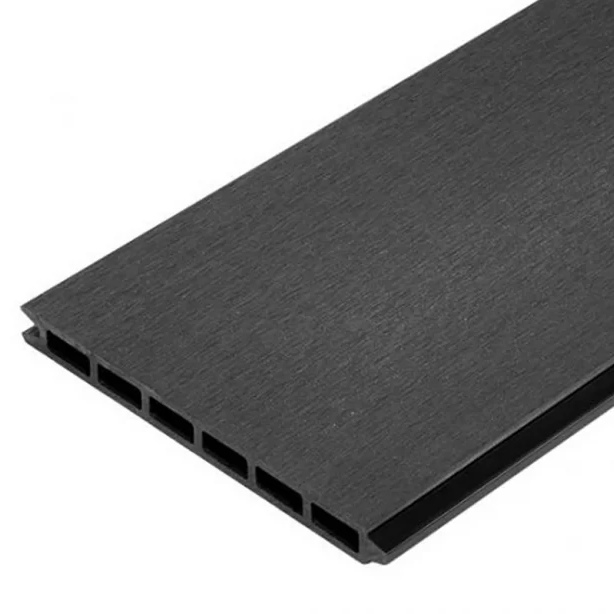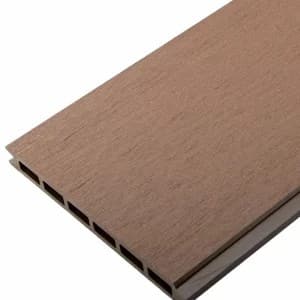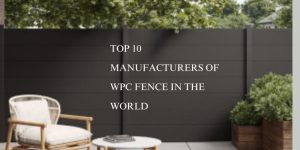In recent years, composite fencing has become the favorite of both residential and commercial homeowners for its superior durability and longevity. Composite fencing is an ideal option to transform your gardens into a cozy and relaxing space. With composite fences, you can enjoy your leisure time without worrying about neighbors’ bother.
In this article, we explore everything you need to know about composite fencing, which can effectively help you choose the most suitable composite fencing for your gardens.

What Is Composite Fencing?
Composite fencing is created through a mixture of recyclable materials like milk and mineral water bottles with sawdust and wood pulp. Composite fences combine the grace and beauty of real wood with the sturdiness and weather resilience of vinyl. Composite fencing is safe for both the planet and human health because they are sustainable, environmentally friendly, and 100% recyclable. Due to their waterproof and weatherproof qualities, Unifloor composite fening is commonly used as fences, doors, and gates for gardens, yards, patios, cottages, etc.

Is Composite Fencing An Eco-friendly Product?
In addition to frequently using recycled materials, composite fencing has a much longer lifespan than fencing built entirely of wood. As a result, fewer trees will need to be felled in order to make room for replacement fence panels.
Therefore, we think composite fencing is a terrific option for you if you’re environmentally conscious and want to do your part to protect the environment.

Applications of Composite Fencing
- Suitable for residential and commercial surroundings
- Widely used for villas, cottages, patios, gardens, yards, etc
- Widely used as fences, doors, gates, etc

Are There Any Cons of Composite Fencing?
There is a minor drawback of composite fencing, that is the price. It is a little bit pricier than traditional timber due to its benefits. However, composite is an excellent choice for customers who are eager to save money, energy, and time in the long run.









